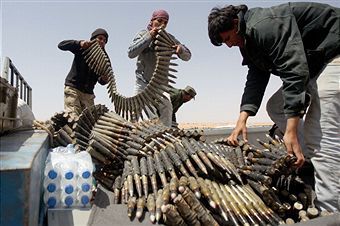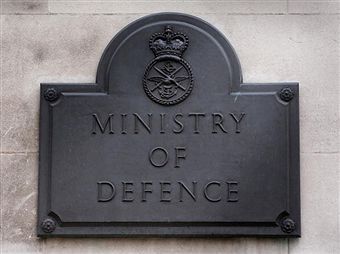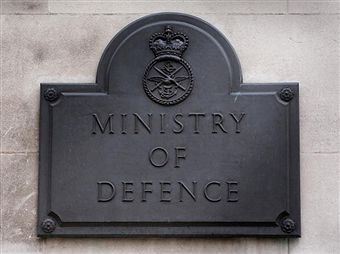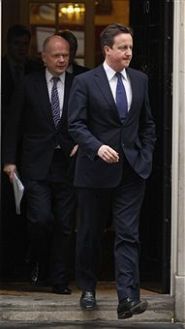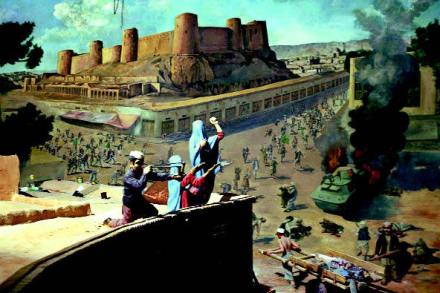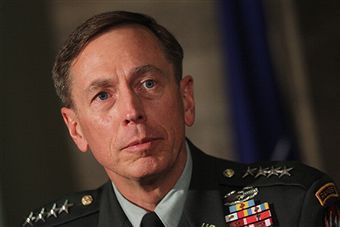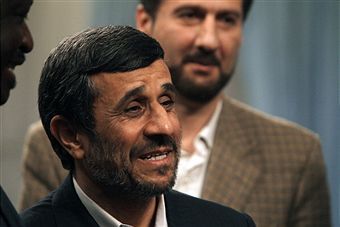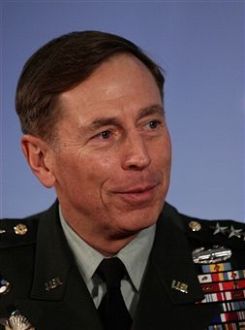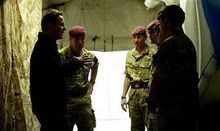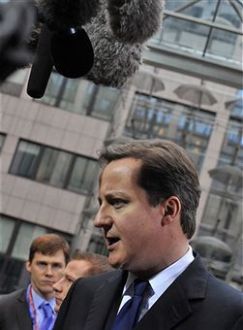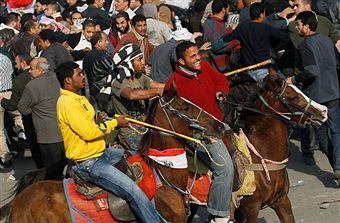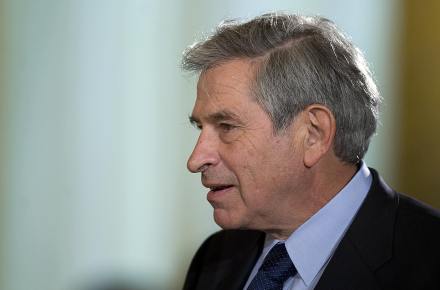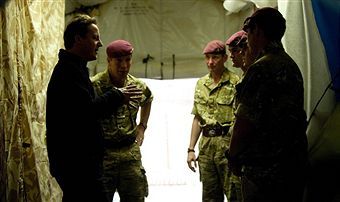Petraeus to CIA; Panetta to the Pentagon
Robert Gates, the US Secretary of Defense, is stepping down and will be replaced, it is reported today, by Leon Panetta. Panetta, currently head of the CIA will in turn be succeeded by General David Petraeus. Gates of course is an ex-CIA guy himself but these latest appointments make it clearer than ever that CIA is all but an adjunct to DoD. That may not be a bad thing (and most of the intelligence budget is already spent by DoD anyway) but it does make one wonder about CIA’s future. Politically speaking, both men will be easily confirmed and that’s no small consideration for the administration but it also suggests,


